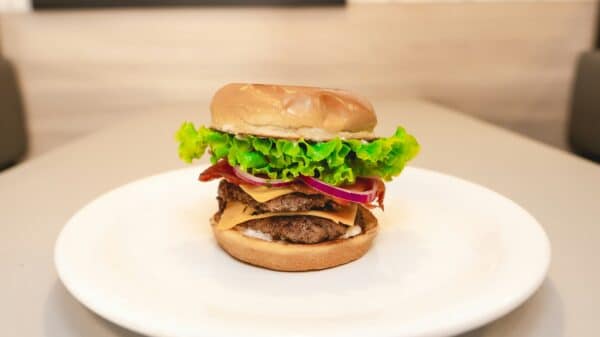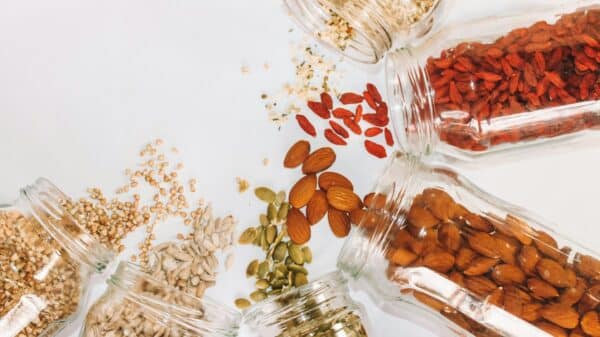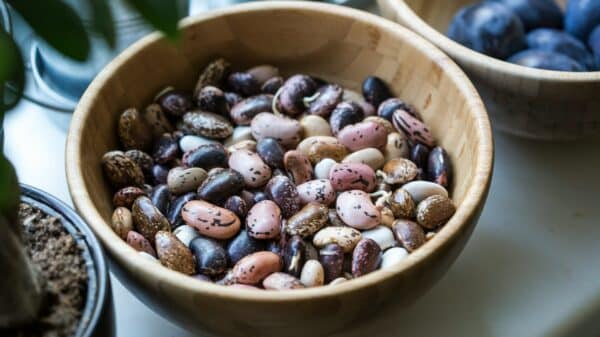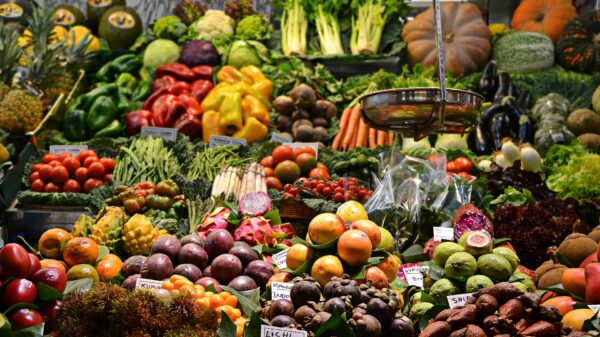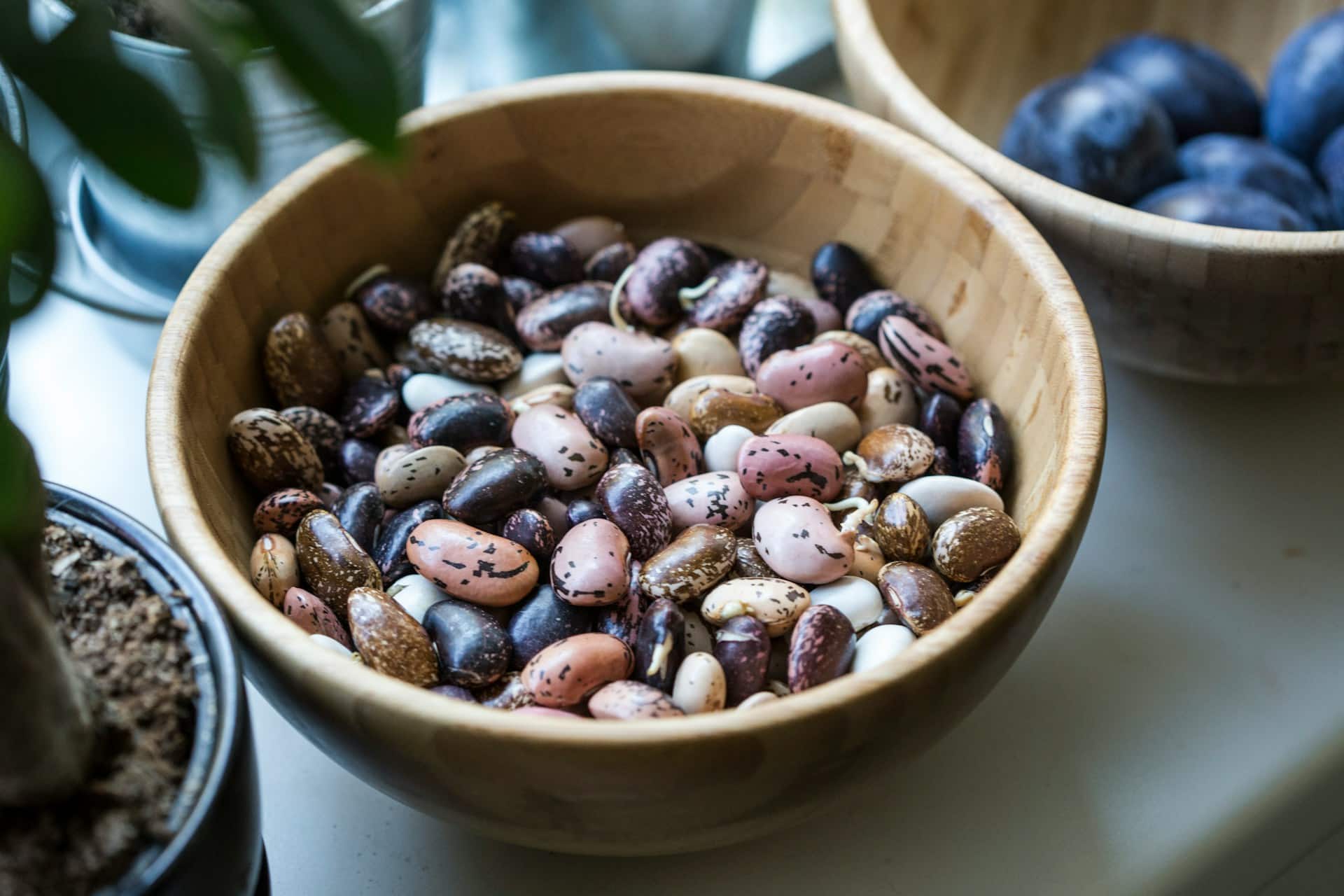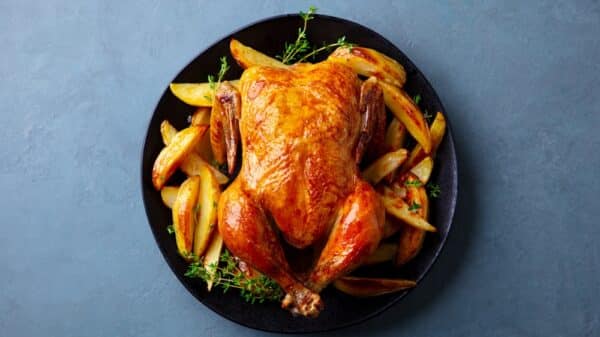You’ve probably heard that silly jingle about beans being the “magical fruit.” Though it’s meant to make kids laugh, there’s a sprinkle of truth in that catchy tune. Many of us love beans for their flavor and versatility, but we also know the struggle: gas, bloating, and sometimes an upset stomach. If you’re among the bean lovers who face this dilemma, the main takeaway is—don’t throw in the towel just yet.
Let’s be honest: beans are a superhero in the food world. They’re affordable, packed with fiber and plant-based protein, and loaded with essential nutrients like potassium, magnesium, iron, and B vitamins. Numerous studies have shown that folks who include more beans in their diets often reap health benefits, like improved nutrient intake and even a healthier body weight. So, if you’re one of the many who experiences digestive discomfort after eating beans, there are straightforward strategies you can employ to enjoy their goodness without the belly troubles.
Start Small
If beans aren’t a regular part of your diet, ease into them. “Introducing beans gradually helps your gut adjust and builds tolerance,” says registered dietitian Avery Zenker. It’s important to understand that beans contain high levels of galacto-oligosaccharides (GOS), which are non-digestible carbohydrates that can party a little too hard in your gut, leading to increased gas.
Don’t worry—starting small is key here. Zenker recommends beginning with just a quarter cup a day. Yes, just a small amount! During the initial couple of weeks, you may still feel some gas and bloating, but that’s completely normal. Most people begin to notice improvements in how they feel within about two weeks. So hang in there; your gut just needs time to adjust.
Soak and Rinse Them
If you’re going the dry bean route, soaking is a must. “Soak them overnight and toss that soaking water before cooking,” says Sapna Peruvemba, a registered dietitian. By doing this, you’re reducing some of those pesky gas-producing compounds. Research indicates that soaking beans for at least six hours can cut down the GOS content by about 10 to 40%, depending on the variety.
Once you’ve soaked them, rinse them thoroughly under running water. And if you opt for canned beans, give them a good rinse too. This simple step can help slide off excess sodium and those gas-inducing compounds, making for a more comfortable eating experience.
Choose the Right Bean
If the beans you’re using are causing distress, it might be time to switch things up. While pinto or baked beans might lead to more gas for some, options like lentils, mung beans, or black-eyed peas are often easier on the stomach. In fact, research shows a significant difference: only 19% of participants reported gas after incorporating lower-fiber black-eyed peas, while 50% felt it with pinto beans.
However, every gut is unique, so don’t hesitate to experiment. Sometimes, it’s simply about finding the beans that sit well with you.
Try a Digestive Enzyme
If you’re struggling despite taking all these steps, consider introducing a digestive enzyme like alpha-galactosidase. “Taking this enzyme with your first bite can break down those hard-to-digest fibers,” explains Keren Reiser, a registered dietitian. It generally begins working before troublesome fibers reach the colon, where they might otherwise ferment and cause gas.
But remember, if you decide to up your bean intake significantly, even with an enzyme, you may still experience some discomfort. Always check in with a healthcare provider before introducing any new supplements to your routine. It’s important to prioritize those that have been independently verified for safety.
Other Tips for Improving Gut Health
Beyond the focus on beans, consider these additional tips to support your digestive health:
– Go Low and Slow with Fiber: If you’re increasing your overall fiber intake, including beans, jumping in too fast can lead to discomfort. Fiber is vital for gut health but introducing it slowly and drinking plenty of water can make all the difference.
– Practice Deep Breathing: Anticipating digestive troubles can increase anxiety, potentially affecting digestion. Engage in some diaphragmatic breathing before meals to ready your gut for digestion and to alleviate any stress.
– Take a Post-Meal Walk: A gentle stroll for just 15 to 30 minutes after eating can aid in digestion and reduce bloating. Studies suggest that a short walk can be as effective as medication for easing post-meal fullness.
Our Expert Take
Beans are a powerhouse of nutrition bursting with health benefits, but they can also bring some unwanted side effects. If that’s been your experience, don’t feel you have to cut them out entirely. By starting with smaller portions, choosing beans that are easier to digest, soaking and rinsing them before cooking, and perhaps employing a digestive enzyme, you can enjoy all the flavors and benefits that beans have to offer—comfortably. Just be kind to your gut and give it the time it needs!
Image Source: Unsplash

